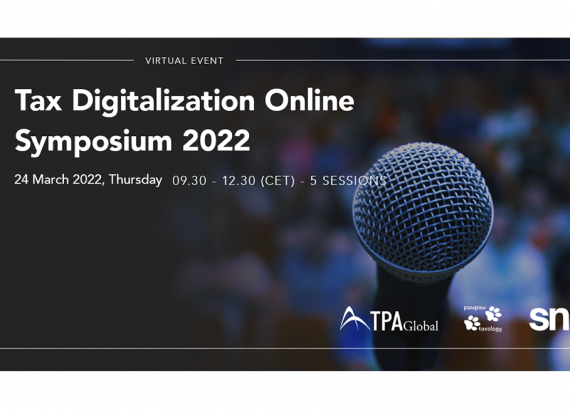Resources
E-Invoicing In Belgium
Menu




Tax Authority
Federal Public Service Policy and support (BOSA)

Mandatory Status
- B2G Procurement
Mandatory - B2B Procurement
Voluntary - e-Filing
Mandatory

Reporting Model
Peppol BIS Billing 3.0

Format
XML

e-Signature
Not mandatory

Archiving
7 years
In Belgium, B2G e-Invoices gradually became mandatory by regions beginning with the regional government of Flanders for all regional entities in 2017. Continuing with the federal government; all federal contracting authorities accept only electronic invoices, except for autonomous public companies in 2020. Additionally, the Brussels-Capital Region government has announced that economic operators are required to send e-Invoices to regional entities from 2020.
Most recently the Walloon government stated that beginning from January 2022, all invoices issued in electronic format PDF or Word format will no longer be accepted. Thus, taxpayers will have two options to send e-Invoices; one via the Mercurius platform and submit e-Invoices manually and the second is through the Peppol network to the public entities. Sending e-documents and messages or connecting networks with each other is safer and easier via Peppol.
Belgium is introducing a phased roll-out for B2B e-invoicing. Taxpayers are distinguished according to their turnover and place of establishment. The first group of taxpayers with an annual turnover more than 9,000,000 euros -excluding VAT who are obliged to issue e-invoices will do so starting from 1 July 2024. The second group includes taxpayers with an annual turnover more than 700,000 euros and less than 9,000,000 euros -excluding VAT and the obligation for them will start from 1 January 2025. The third that includes all taxable persons, including ones that are not established in Belgium, must have a VAT identification number, and will have the obligation to comply with the obligation from July 2025. In January 2024, the voluntary phase will take place so that businesses may start to receive structured e-Invoices. Taxable persons to whom the special regime(flat-rate tax bases) applies, small businesses, farmers, and bankrupt taxable persons will be exempt from the obligation.
In addition to these, electronic filing of VAT returns through the INTERVAT application is mandatory for all VAT registered entities monthly or quarterly.





